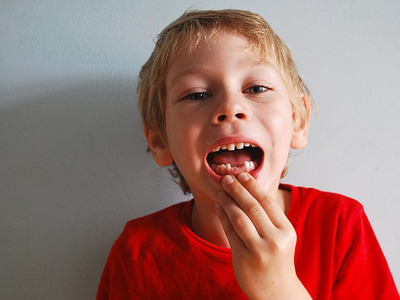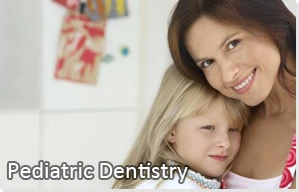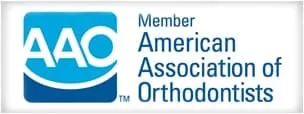Importance of Primary (Baby) Teeth

Importance of primary (baby) teeth
Primary teeth play an important role in your child's overall health, development and well-being. Even though primary teeth eventually fallout, that doesn't mean that they are not important. Most children have a full set of primary teeth by the time they’re three years old and they are important for many reasons.
Primary teeth are important for many reasons:
- They act as path for permanent teeth to follow when they are ready to erupt. If the primary teeth are lost earlier than normal due to decay or cavities, it will affect the alignment of permanent teeth.
- If the primary teeth do get infected and need to be extracted, then a space maintainer should be placed to hold the proper space for the permanent tooth to erupt. If the space is not preserved, the other teeth may drift therefore causing orthodontic problems.
- Primary teeth facilitate nutritious eating in the young child, which helps in boosting their overall health. Children with severely decayed primary teeth more likely to experience malnourishment and are prone to be underweight.
- Jaw muscles need exercise to help them develop. Primary teeth help in developing jaw muscles as the child chews. If the primary teeth are not healthy then jaw muscles may not develop properly.
- Primary teeth assist in the formation of correct pronunciation during speech and reducing the likelihood of speech impediments or other problems later.
How to care for primary teeth:
Ways to maintain healthy baby teeth
- Don't leave your child with a bottle for a long period of time. Putting a child to bed with bottle of milk or juice is the most common reason for causing cavities.
- Avoid sucking candy for long period of time or eating a lot of sugary food.
- Once the first tooth erupts in to the mouth, it is time to start brushing. It is recommended to use a tiny “pea” sized amount of fluoride toothpaste on the toothbrush as you start to brush an infant’s teeth
- Schedule your child’s 1st dental appointment after their 1st birthday. At the first dental visit, Dr. Bowden will examine your baby's teeth and advise you of any cavity risk and talk you about the best ways to start your child on a lifetime of good oral health habits.










 Post-Op Instructions
Post-Op Instructions
 Prevention
Prevention
 Restoration
Restoration
 Orthodontics
Orthodontics
 Our Services
Our Services




